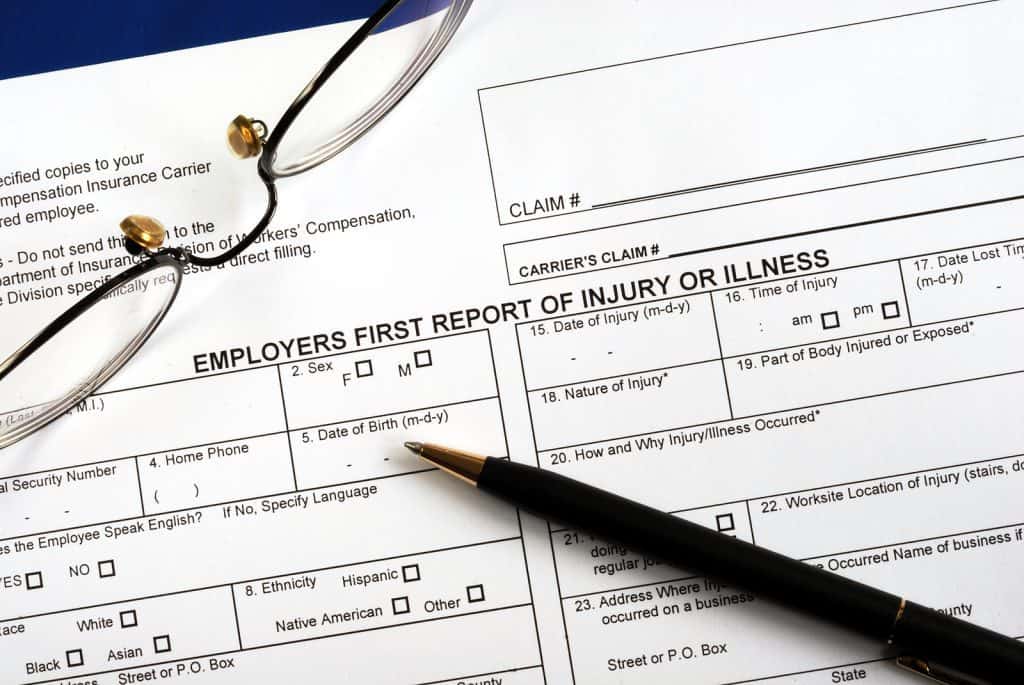An employee is injured outside of the workplace and is unable to work for a few months. Are you, as the business owner, liable for that injury? Does that employee qualify for workers’ compensation?
When employees suffer injuries while participating in leisure activities or at home, who is responsible for getting them back to work?
Non-Work Injuries Do Not Qualify for Workers’ Compensation
To be eligible for workers’ comp benefits, the employee must have been injured while on the job or “within the scope of their employment.”
But it’s essential to keep in mind that on-the-job activities can sometimes overlap with personal activities. This can make it difficult to determine whether an injury is work-related or occurred while off the clock.
Generally, workers’ compensation will cover injuries that occur while performing duties, which typically doesn’t include commuting to and from work. Of course, there are some exceptions here.
- Travel duties that benefit the employer, such as a car accident that occurs after a client dinner.
- An injury while running an errand on behalf of the business.
- Injuries occur on workplace sidewalks and in parking lots.
- After-hours visits to the workplace.
- Job duties outside of business hours.
If you’re injured while playing tennis, you won’t qualify for workers’ compensation unless your tennis playing was work-related.
Employees Do Have Options
Employees do have some options if they are injured while off the clock. One option is Social Security Disability Insurance or SSDI.
The average amount paid under SSDI is about $1,200 per month, but the family may also be eligible for benefits. Minor children may receive up to 50% of the benefit amount. A spouse caring for the child may also receive up to 50% of the benefit amount.
The primary issue with SSDI is that it can take a long time to get a decision from Social Security. If the injury isn’t severe or won’t require a long time off from work, then a decision may not be made before the employee returns to work.
Another option that employees have is purchasing disability insurance. Disability insurance, which may be offered by employers, can cover the cost of living until the individual has recovered from the injury.
Employers May Choose to Offer Support
We’ll use a specific example to demonstrate this option. A female employee has Essure permanent birth control implanted, but something goes wrong. Her severe injuries require the removal of the device, which can cost up to $10,000. She is unable to work. She files a lawsuit to cover the cost of the removal procedure.
As an employer, you can support this employee in a few different ways. One way is to ensure that the employee knows she has a job when she returns – because she will return to work at some point. Another way to support her is to provide financial support.
It may not seem beneficial – strictly from a business standpoint – to provide support in either of these ways, but it is. By allowing her to keep her position in the company and/or provide financial support, you may lower the employee turnover rate while improving your company’s reputation.
Ultimately, small business owners aren’t responsible for employee injuries that are not work-related, but it’s generally in their interest to provide some form of support.


